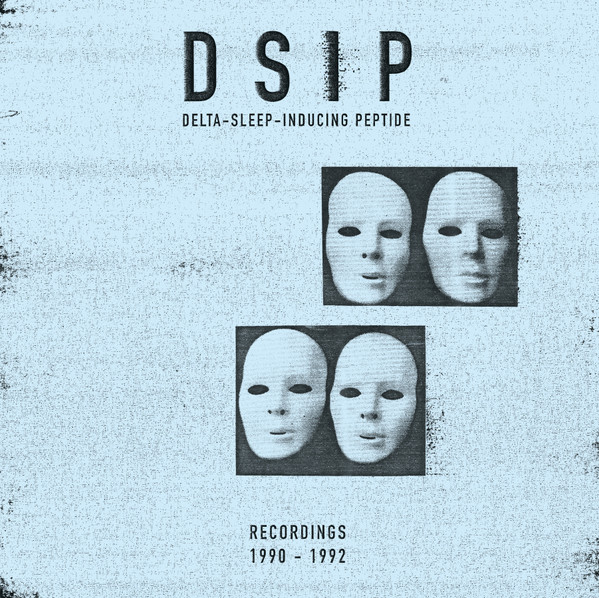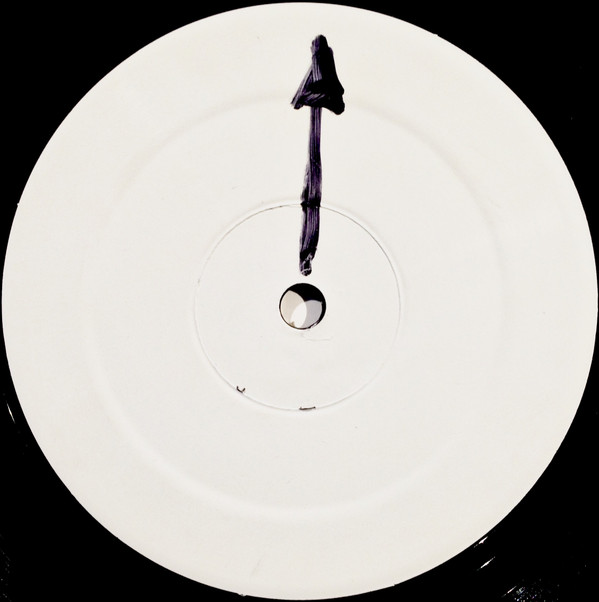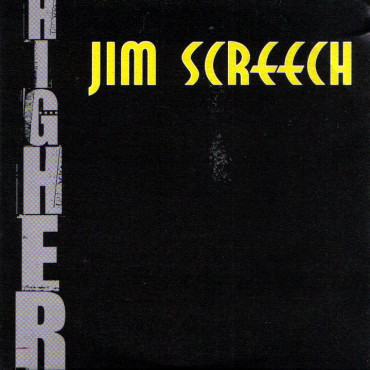By continuing your navigation on this website, you accept the use of cookies for statistical purposes.
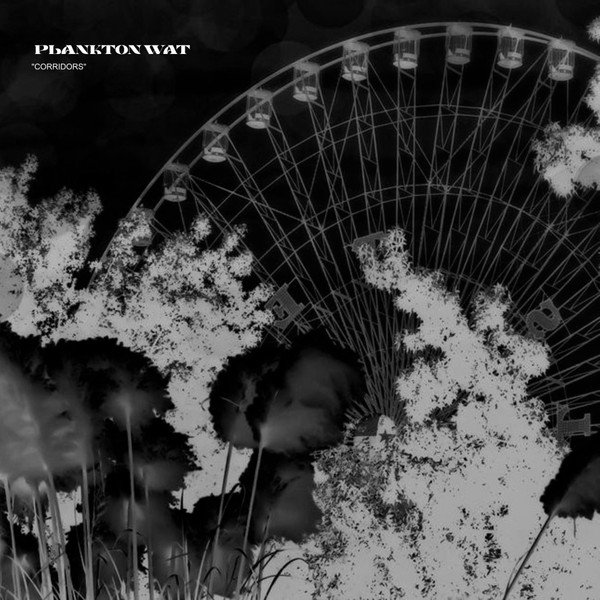

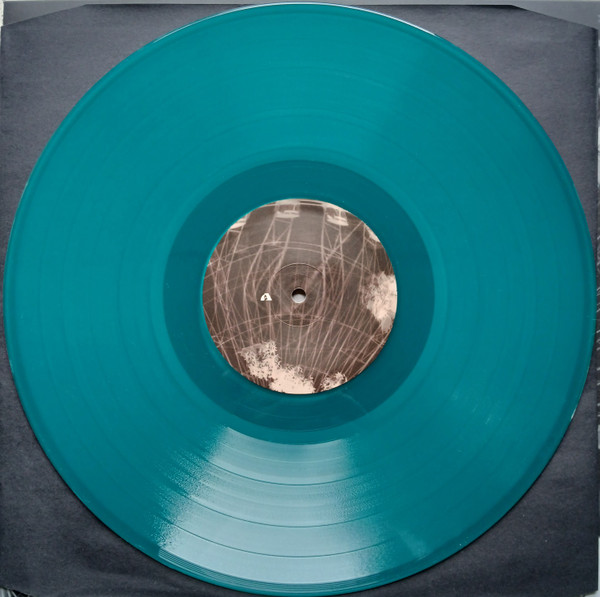
Plankton Wat
Corridors
Feral Child Records (FC53)
Feral Child Records (FERAL CHILD 53)
Release date: Jul 23, 2024, UK
Plankton Wat began as a home studio recording project by Portland, OR musician Dewey Mahood in the early 2000's. It was while on tour in the UK with Ripley Johnson's Rose City Band that Mahood started revisiting early 1980s post punk such as New Order, Siouxsie and the Banshees, and Cocteau Twins, a sound and attitude that became the foundation for the album "Corridors". Mahood played guitar and bass, and added a touch of synth and drum machine, while fellow Portland musician Dustin Dybvig played several beautiful solos using synth and piano. The songs are a continuation of ideas first heard on "Future Times" (Thrill Jockey, 2021), but are further refined into concise, compact musical statements reflecting on climate change.
A1
Arcadia
A2
Forgotten Dream
A3
Glacial Corridor
A4
Natural Bridges
B1
Solar Storm
B2
Unspoken Promise
B3
Deserted Lands
B4
Svalbard
B5
Pacific Drift

